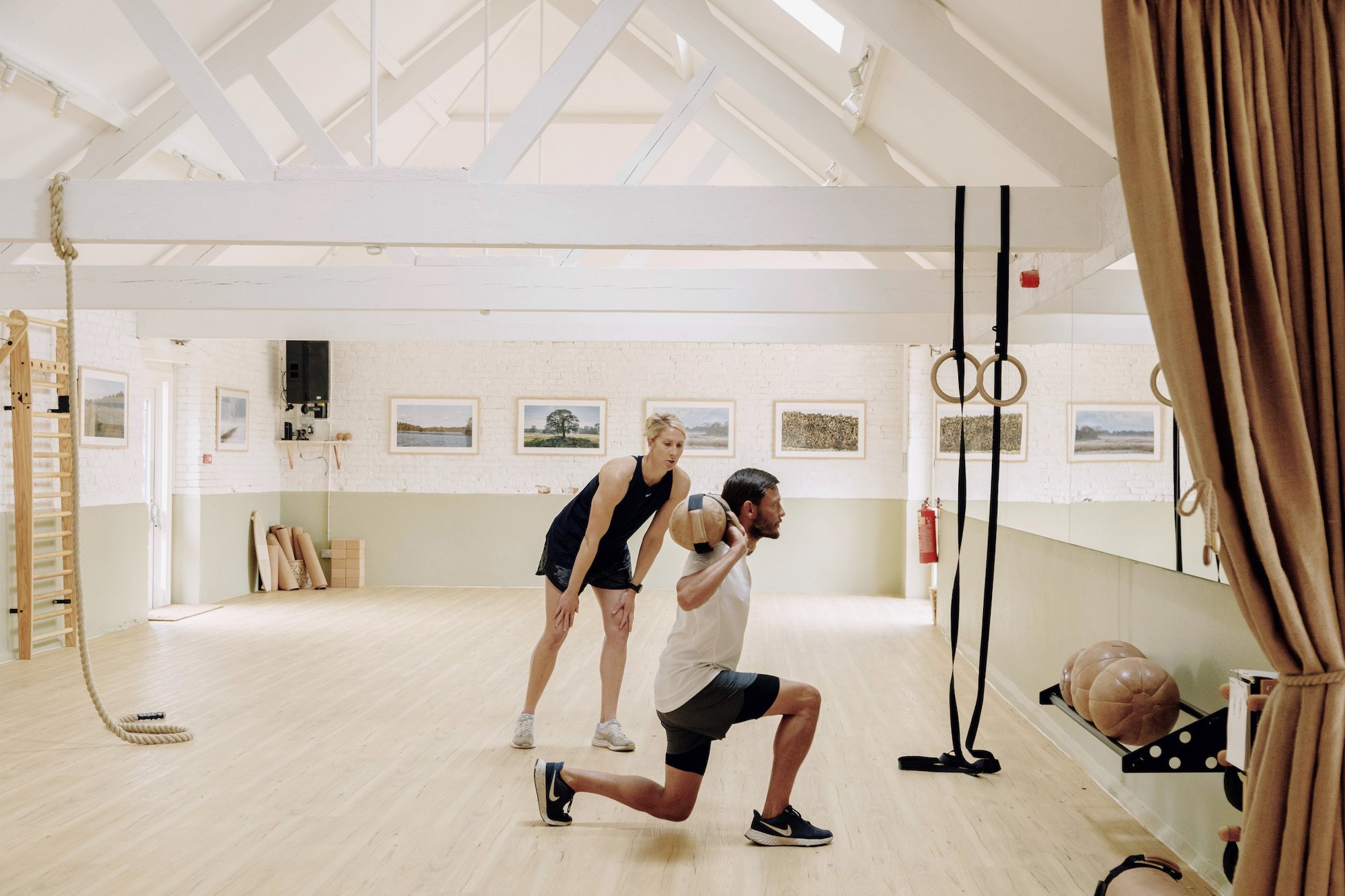Sustainability at Fritton Lake
An interview with Hugh and Lara Somerleyton, owners of Fritton Lake
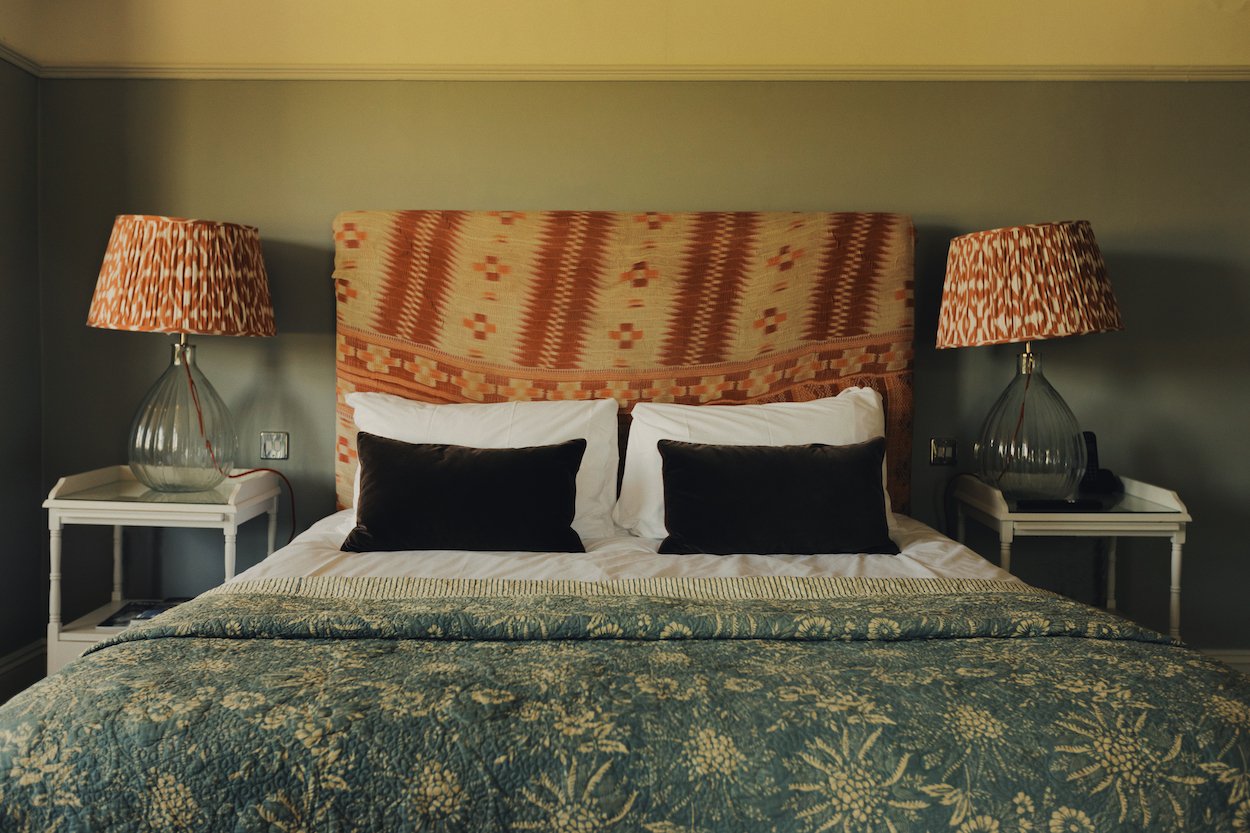
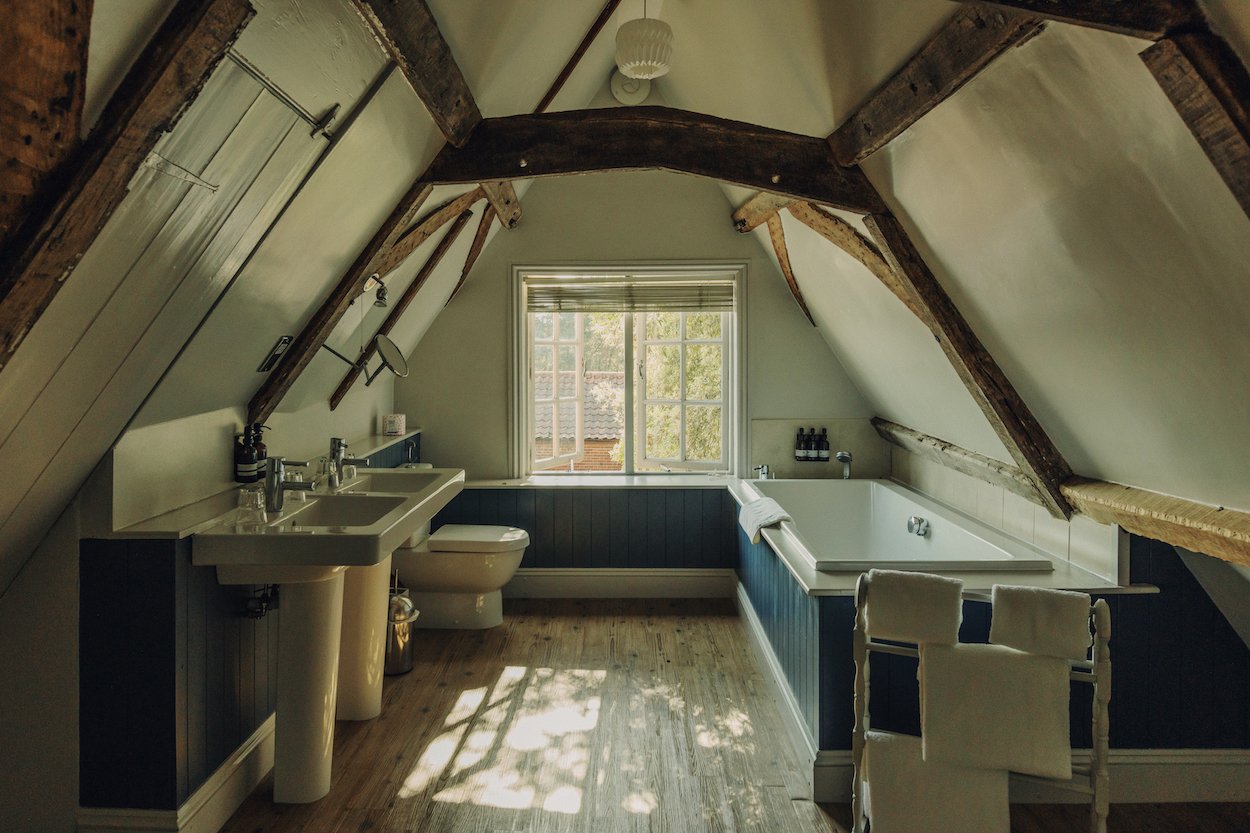
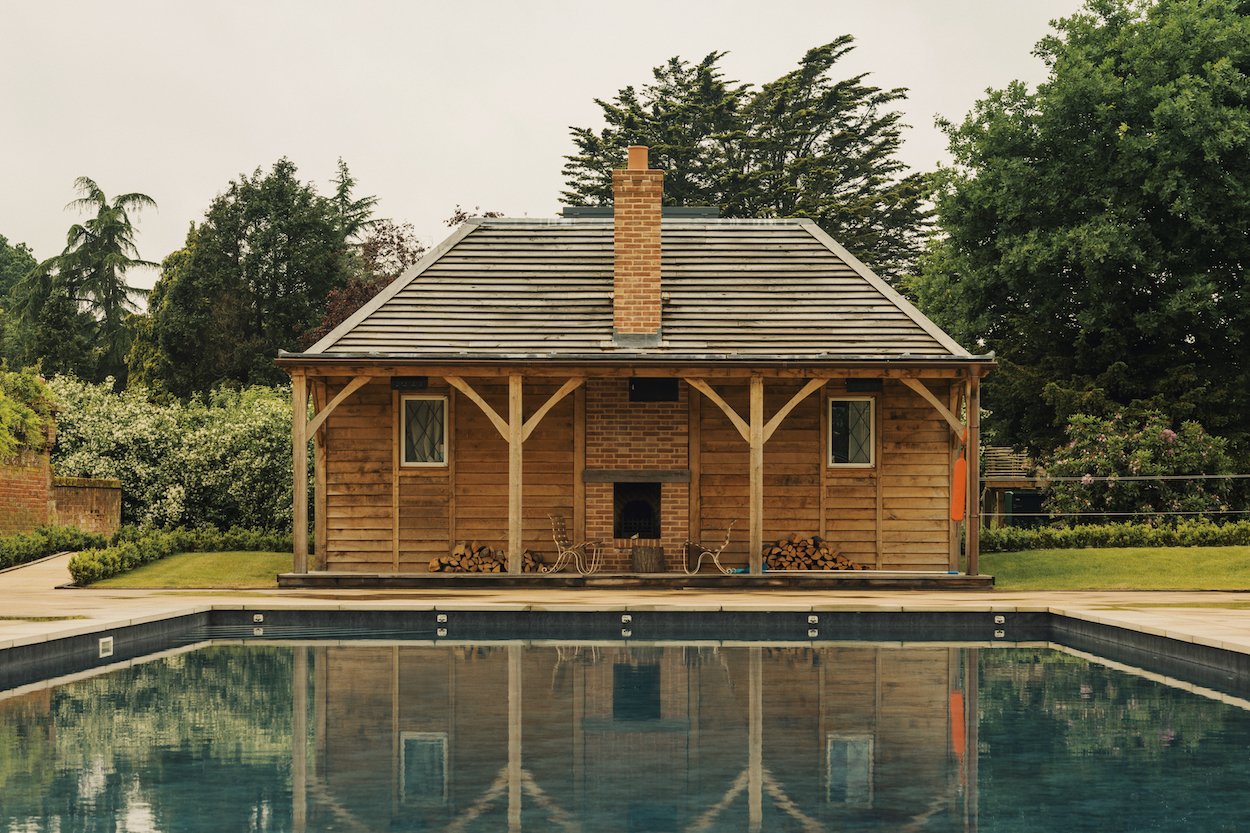
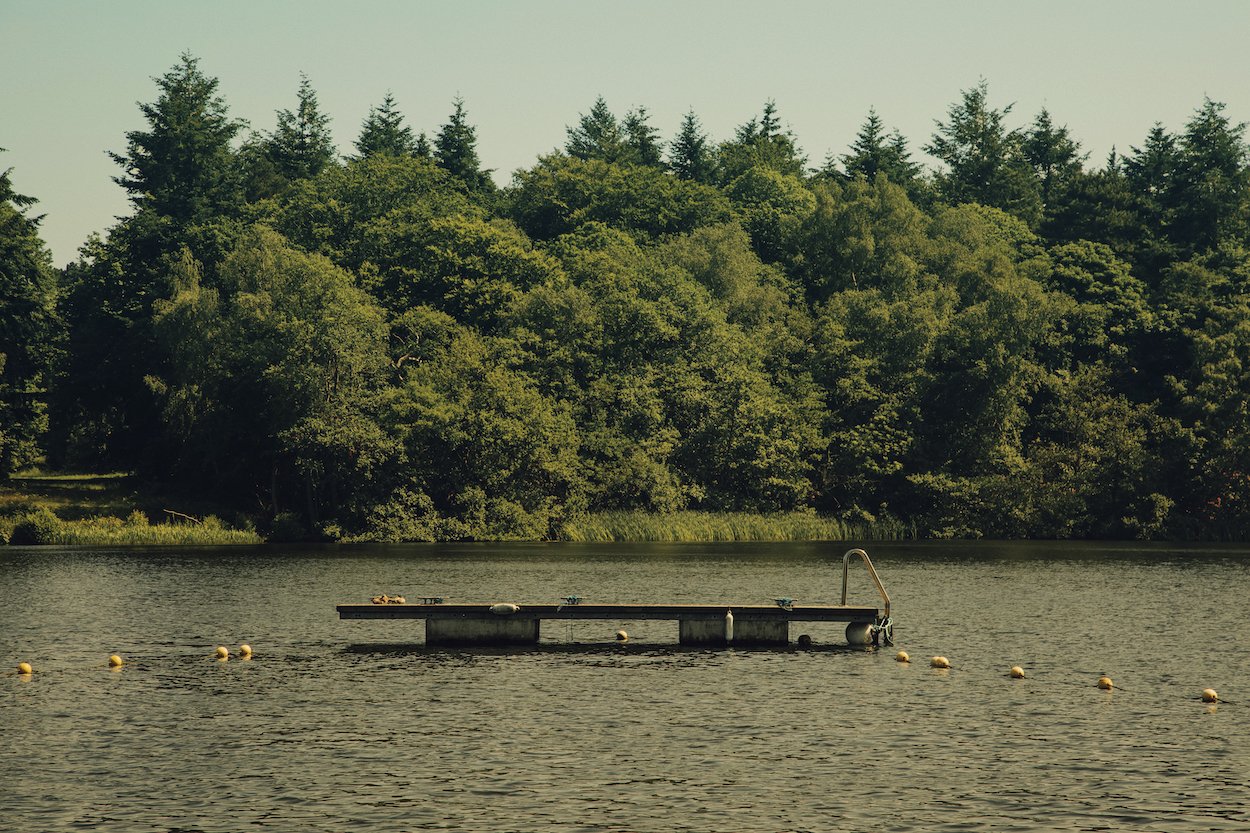
BOOK NOW
General Sustainability
Can you describe the core values that guide your sustainability efforts in your hotel/cabin/getaway?
Preservation and regeneration are the core values that guide Fritton Lake. Hugh and Lara Somerleyton are custodians of 5000 beautify acres of Norfolk and Suffolk countryside and it is their mission to hand it down to the next generation, having repaired and restored the biodiversity that has been lost through the farming practices of previous generations.
How do you define sustainability in the context of your business, and how has it evolved since you first started?
Fritton Lake is blessed by its stunning natural setting. The holiday club has been designed to have as light an impact on the land and environment as possible.
It all started with the land. 1000 acres have been given over to re-wilding where flora and fauna work in balance with each other to encourage biodiversity, the rest is managed as a forward-thinking regenerative agriculture farm that balances protecting the environment with food production. Fritton Lake sits at the heart of this land and by offering nature safaris both on land and on water it.
The facilities within the resort have been built with their environmental impact front of mind. The outdoor pool uses ground source heating and the BioGym is consciously low-tech, featuring kit made of natural materials. Decor in the barn includes UK-made eco-friendly, non-toxic wall paint in khaki green as well as 100% recyclable, low-emission flooring for improved indoor air quality. The club made a conscious decision not use concrete for roads and pathways which also ensures effective drainage in all weathers.
Sustainability is reflected on a day-to-day basis through the delicious seasonal Clubhouse menu which is created using food from the estate or very locally sourced and conscious decisions are made around every purchase from tableware to stock in the onsite shop, Valentine & Silver.
What are the most significant sustainability challenges you've faced, and how did you overcome them?
Creating a beautiful outdoor pool, heated so it can be used all year round in the UK was a challenge. This was overcome successfully by the use of ground source heating.
Environmental Impact
How do you minimize the environmental footprint of your operations (e.g., energy consumption, waste management, water usage)?
It is tracked and monitored by the estate team. The kitchen works to minimise waste, and we don’t supply anything that can’t be recycled. Our cleaning products are all eco-friendly.
Do you use renewable energy sources in your property? If so, could you share some details on how you’ve integrated them?
Yes ground source heating for the outdoor pool, air source heating in the Gym. Solar panels are used to provide power for the estate. All hot tubs and our floating sauna are kept warm using wood from the estate. We have two electric car charging points and deliveries from our club shop, Valentine & Silver are done by electric vehicle.
Can you explain your approach to waste reduction and recycling on-site? How do you ensure guests participate in this?
We don’t allow guests to bring in food or drink onsite and therefore don’t need to provide bins for waste. Fritton lake provides guests with one towel for using the facilities which we launder alongside bedding for efficiency. 100% of waste is recycled including food.
What strategies have you implemented to preserve the local ecosystem and biodiversity around your property?
Hugh and Lara Somerelyton have rewilded 20% of their land and created a guest experience around it with nature safari on land, by boat or by paddleboard. Hugh is also co-founder of the charity WildEast that campaigns others to do the same, whether they give over 20% of their land or a window box for nature, its mission is to create the world’s largest nature reserve through biodiversity corridors in the East of England.
Do you incorporate sustainable building materials in your property’s construction or renovation? If so, which ones and why?
Fritton Lake has been created with low impact. The Clubhouse is run from an existing sixteenth century coaching inn, the Gym hosted in a converted barn with air source heating. The changing rooms around the pool were built using wood from the estate, reducing the environmental impact of the build and providing an authentic aesthetic in tune with its landscape.
Social and Cultural Responsibility
How does your business support the local community? For example, do you work with local artisans or suppliers?
Where it can’t be sourced from the estate, Fritton Lake works closely with local suppliers including vegetables from Clinks Care Farm, Old Hall Farm, Oichi Kombucha, Fen Farm Dairy, Hodmedod pulses, Harris & James Chocolatiers amongst others.
How do you educate guests about the local culture and sustainability practices during their stay?
We have regular member food focused events where the kitchen or farm team introduce the menu and explain where ingredients are sourced and why. This is also put in context through our nature safaris and foraging tours.
What efforts have you made to ensure that your property respects and integrates local traditions and cultural heritage?
Wild swimming and foraging are key activities at Fritton Lake that have been enjoyed on the estate for centuries. The land has been farmed for food production as long as records began.
Wellness and Guest Experience
How do you incorporate wellness and mindfulness into the guest experience while maintaining sustainable practices?
People come to Fritton Lake for wellness. The majority of the experiences rely on the natural assets of our great outdoors. Swimming, lake activities, foraging, running, yoga are all delivered outdoors with minim impact on the environment.
What options do you offer for eco-friendly activities or experiences that help guests connect with nature?
Wild swimming, running, walks around the lake, foraging walk and talk, nature safari on land and on water, den building, outdoor yoga and meditation are all designed to be delivered outside. Fritton Lake makes the most of its beautiful natural setting for 12 months of the year. All you need is the right clothes.
Can you talk about the role of sustainability in your wellness offerings, such as organic food, spa treatments, or outdoor experiences?
As above for the food. Any products used in treatments are organic with sustainable packaging.
Certifications and Accountability
Are you certified by any recognised sustainability organisations? What impact do those certifications have on your business practices?
Our Finance Director is accredited from the Institute of Environmental Management.
How do you measure and report on your sustainability performance and maintain accountability to guests and the environment?
The farm team produces annual biodiversity reports tracking flora and fauna, including many rare and endangered insects and birds.
Future Goals
What are your future goals for expanding or enhancing your sustainability initiatives?
We are continuously looking at ways to improve sustainability across the business. All department heads are tasked to consider this in operational delivery.
How do you envision the future of sustainable tourism, and how do you plan to adapt your property to evolving trends?
We have seen first-hand the demand for a more sustainable solution for UK travellers. And we know that many of our guests choose to stay in the UK rather than travel abroad for this reason. Sustainability is not a trend, we can and will always work to doing more to reduce our impact but the benefits of working with the land to improve biodiversity will mean the outputs keep getting better.




